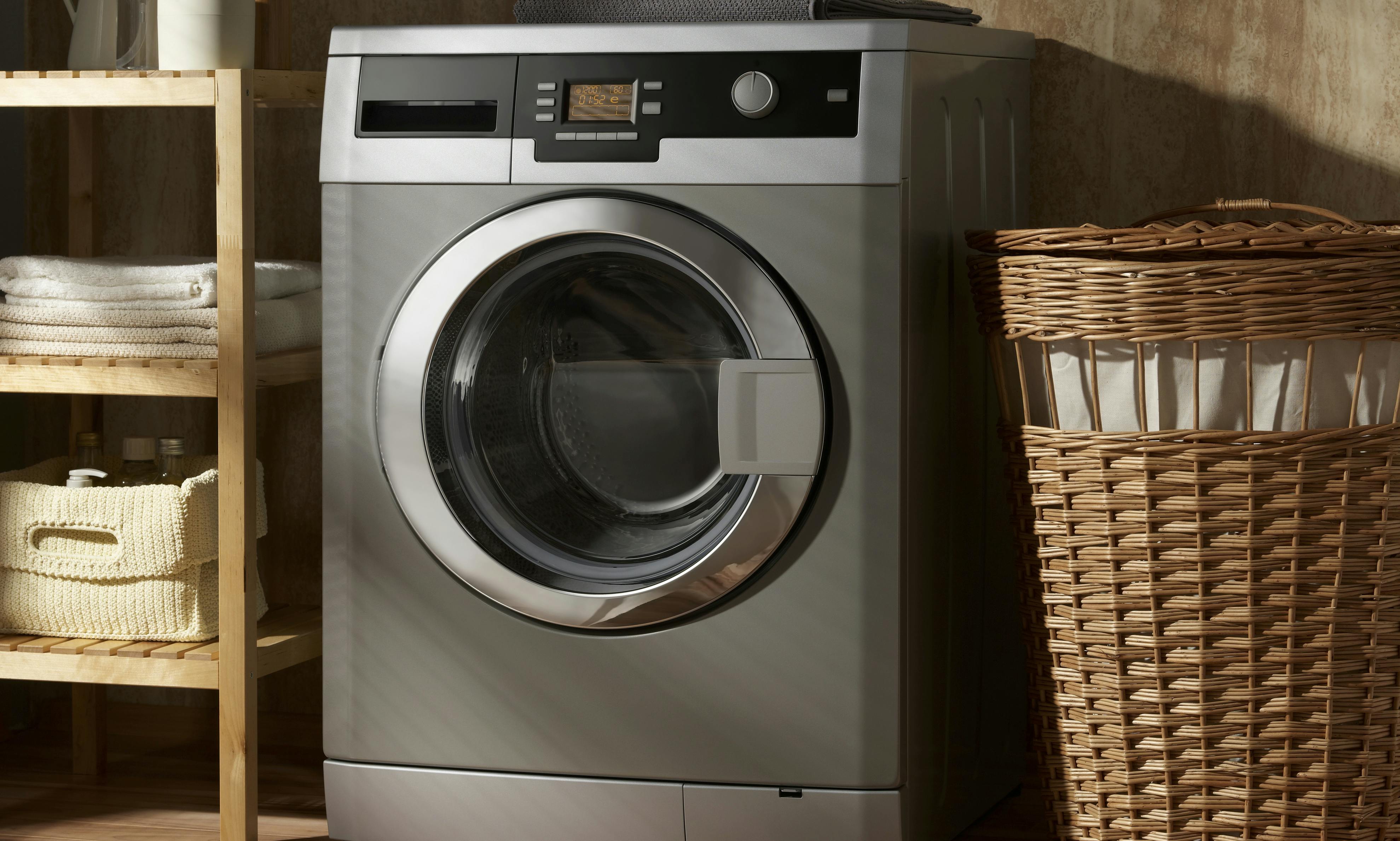
Landlords owe it to themselves to maximize the amount of rental income they earn from their rental properties. That's just good business. The best way to do that is to provide added value, convenience, and services for which your tenants are actually willing to pay. Industry insiders call this "ancillary income," and it could be an important boost to your rental profit margin.
Here are some proven revenue enhancers for landlords willing to make some investments in their properties and some tips for getting started.
Install Washers and Dryers
If there's no washer and dryer in your rental units, you're paying for that dearly by collecting lower rents. However, if installing washers and dryers in your dwellings isn't convenient, you have a couple of options:
- Buy some coin-op machines and collect and repair them yourself. (You must depreciate the cost of these appliances over time.)
- Lease the machines. (The entire lease payment is deductible.)
- Split the revenue with a laundry vendor. In many cases, vendors own the machines. Landlords grant them the space and provide them with hookups—the vendor does everything else.
The trend lately has been to create higher-quality laundry rooms, sometimes with Wi-Fi access, operated by vendors specializing in this field. If you buy highly efficient machines, you'll gain points with environmentally sensitive renters and likely increase your laundry revenue as a result.
Offer Rentable Storage Space, Or Include It
If storage didn't make money, you wouldn't see so many self-storage businesses, would you? As a residential landlord, you can provide something that no off-site storage company can compete with: convenience. If you have the land available, you can build separate storage units or garages that provide both storage and covered parking.
Modern steel building construction has become very cost-effective, and may be just the ticket. You can depreciate these buildings over time, even as you collect the rent. So with low building costs, depreciation and solid demand, you could be cash-flow positive within a year.
Rent Furniture
Many young renters don't have much furniture, nor do they want to be stuck with too much. You can rent furniture to these residents, making life more convenient for them while pocketing some revenue for yourself in the process.
Having furniture on hand also allows you to pursue other opportunities, such as renting dorm-style housing to students at nearby schools or corporate housing to short-term but repeat customers.
Install Vending Machines
Yes, the soda machine is a proven performer in the rental real estate context. But things don't have to stop there. If you have an attractive lobby area or suitable central location, you have vending opportunities now that were unheard of a decade ago. The products vending machines can now sell include the following:
- Smartphone charger cables and headphones
- Coffee
- Toilet paper
- Soap
- Tylenol, aspirin, and hygiene products
Vending machine manufacturers and marketers are now creating vending machines that act as mini convenience stores. They're being installed on college campuses and office parks, but there's no reason they can't work in residential settings as well. It's up to landlords to gauge demand and usage, but you should be able to make some money while providing a needed convenience for your residents.
Charge a Pet Fee
Pets cause wear and tear. It's usually a relatively easy matter for a landlord to tack on an extra rent charge of anywhere from $10 to $50 per month to accommodate a pet. Few tenants will decide to move out over a reasonable extra pet expense.
Once someone lives in an apartment with a cat for a couple years, that extra $50 per month will pay for carpet cleaning or new carpets if needed.
Sell Advertising Space
Your property could be home to a billboard that reaches thousands of motorists daily. Advertisers will pay for these eyeballs, and, if done correctly it won't affect your tenant experience one bit.
Strike a Deal Telecom and Media Providers
One emerging opportunity for enterprising landlords is cable, internet, and telecom bundling deals. Landlords are essentially becoming distributors for these media companies, and taking a cut of revenues on the back end.
Build Communities
If you can build a community that encourages your tenants to connect with each other, it will make it tougher for your good tenants to leave. This boosts renewal rates and referrals while holding down vacancy rates and re-leasing expenses. How can you do this? Here are some ideas:
- Wine and cheese events
- Concerts or movie nights in the common areas
- Food truck events
- Pizza nights
- Barbecues
- Raffles and contests
